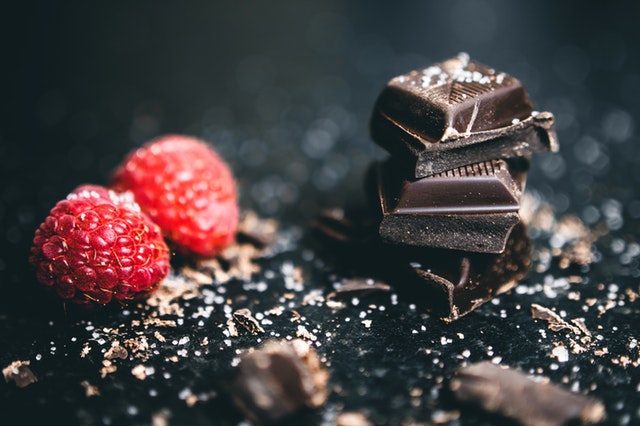DR. Kwan Yuan Dong, resident doctor at DTAP (DR. Tan & Partners) Clinic, breaks down common myths that we might have heard from parents and friends about the food that we eat and how these have an impact on our skin.
According to DR. Kwan, there is currently lots of misunderstanding about skin pigmentation and the problems in general, which is why he is here to debunk some common myths, which are as follows.
Myth 1: Drinking coffee darkens the skin

Photo by Chevanon Photography from Pexels
Says DR. Kwan, “Coffee in moderation is, in fact, beneficial to the skin.”
This is because coffee has anti-inflammatory properties. However, two cups a day is enough; so don’t use this as an excuse to drink coffee whenever you are lethargic. Four or more cups can be dehydrating and leads to dry, devitalised looking skin.
Myth 2: Eating light coloured foods results in fair skin
Has your grandmother told you that bird’s nest, tofu and soy products may give you fair skin?
This is a myth, according to DR. Kwan. Skin colour is genetic and cannot be changed. There is no clinical evidence for this myth. Protecting yourself from UV rays are the mainstay of keeping your skin fair.
Myth 3: Soya sauce or seafood will darken post-surgery scars
Seafood, contrary to this myth, is proven to help with wound healing and help form visually better scars, according to DR. Kwan. Soya sauce on the other hand, has no effect on wounds and scars.
Myth 4: Spicy food causes acne
While spicy food in itself does not cause acne, the possible sweating from the capsaicin in spicy food may increase sebaceous secretions in your body, therefore increasing the population of bacteria thereby leading to acne. The true culprits for acne are dairy and foods with high glycemic index.
Myth 5: Water hydrates the skin
Drinking lots of water does help with maintaining a good hydration status through the day, but skin hydration requires more than just water. You need moisturisers and serums that have been formulated to lock water into the skin, as well as skin booster injections that increase that hydration storing capacity of our skin.
Myth 6: Chocolate causes acne

Photo by Lisa Fotios from Pexels
It is not the chocolate itself that causes acne, rather it is the sugar and dairy. As well, dark chocolate containing at least 70% cocoa has been proven to lower blood pressure and improve blood flow, thanks to the flavonoids present in it.
Conclusion
DR. Kwan concludes that while these tips might help, everyone’s skin is different and the best way to take care of your skin is still through using the right skincare products and cultivating good habits in the long term.

Leave a Comment